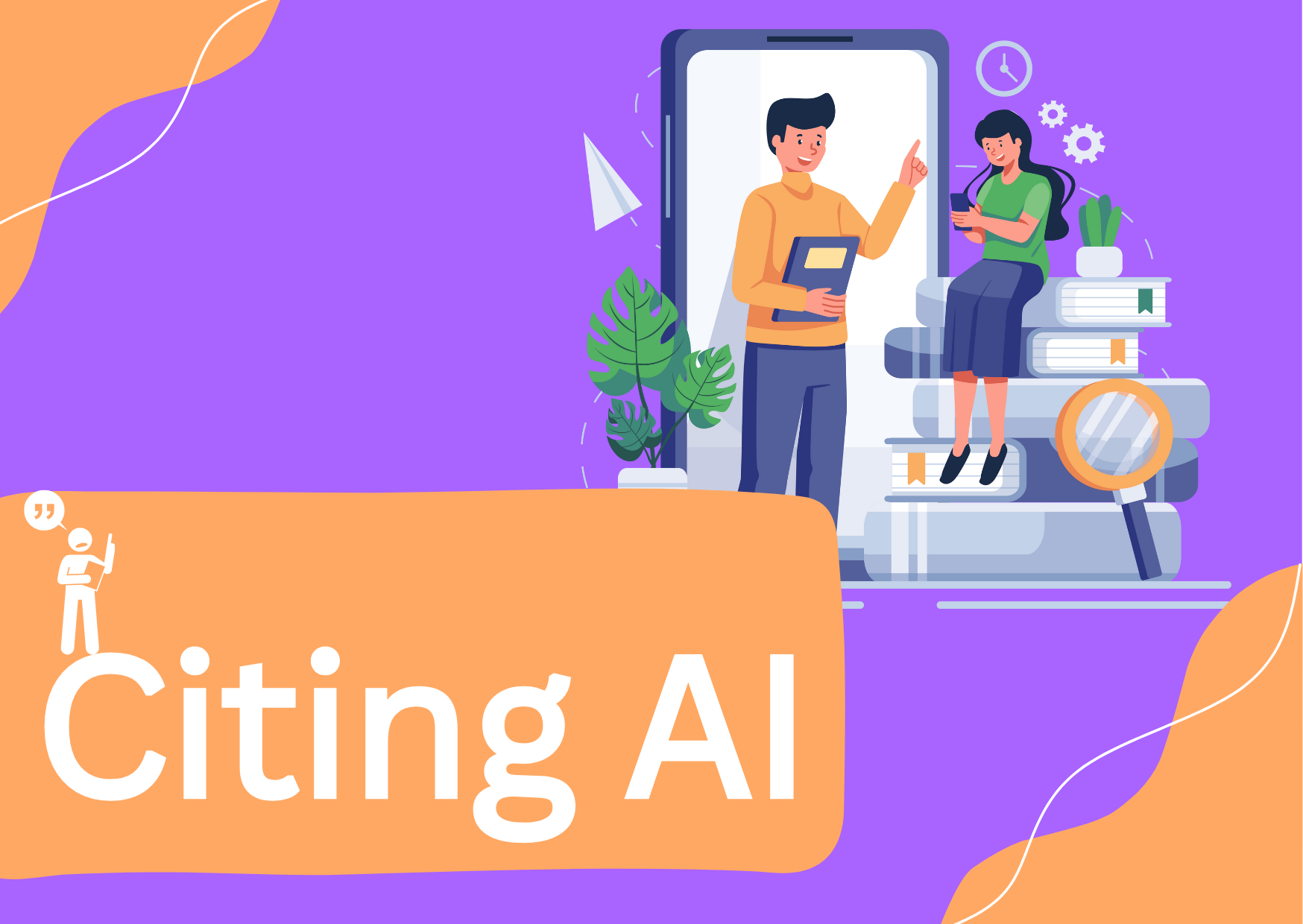Process Feedback: An easy tool for encouraging students to self-reflect and be original in the age of AI
.png)
Educators today are confronted with a challenge in addressing students' growing reliance on AI. In particular, educators teaching fundamental skills such as writing, communication, and computer programming feel powerless. Many students, fascinated with all the AI tools that excel at these basic skills, are inclined to use AI prematurely. In this short piece, I will introduce Process Feedback, an innovative educational tool designed to encourage students to engage in insightful writing or coding and to reflect on their work. Process Feedback is a resource for both students and educators. When students use its online editor to complete their work, it visually shows process-related details such as breaks taken during the writing or coding process, typing fluency, copy-paste events, time spent on each paragraph, time allocated to revision versus content creation, and other relevant information. The tool not only enables students to self-explore and self-learn from their processes but ...


